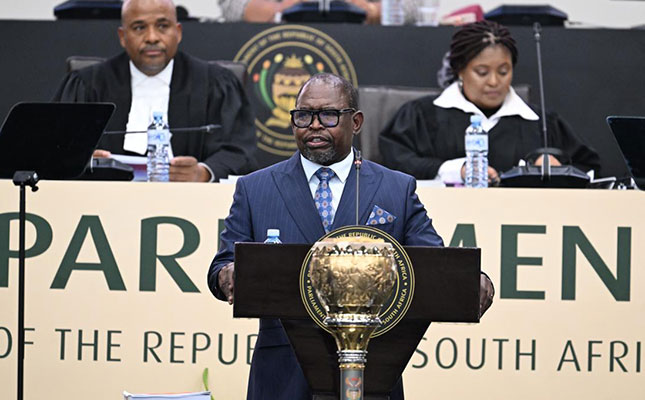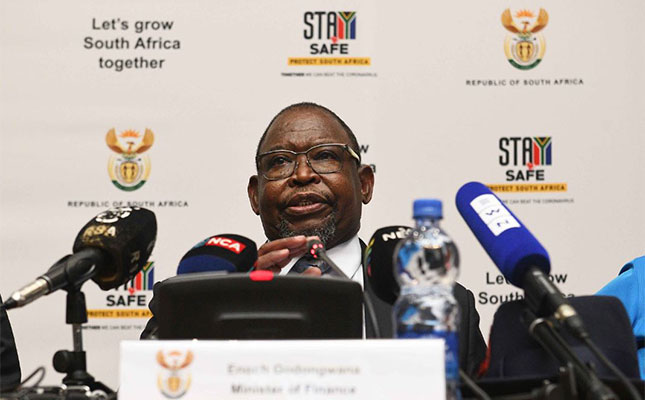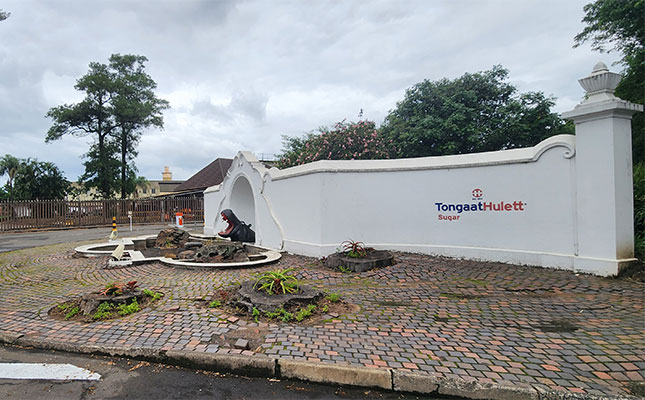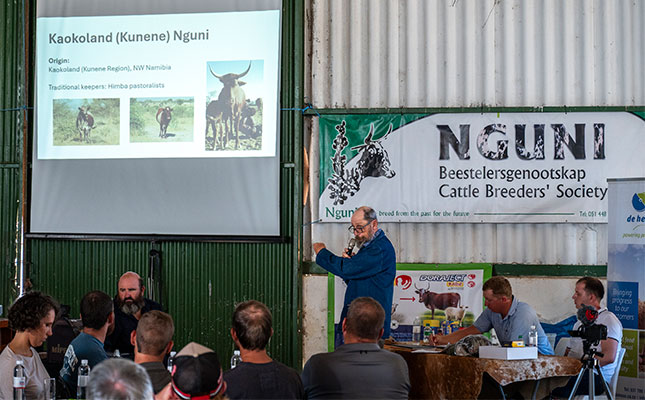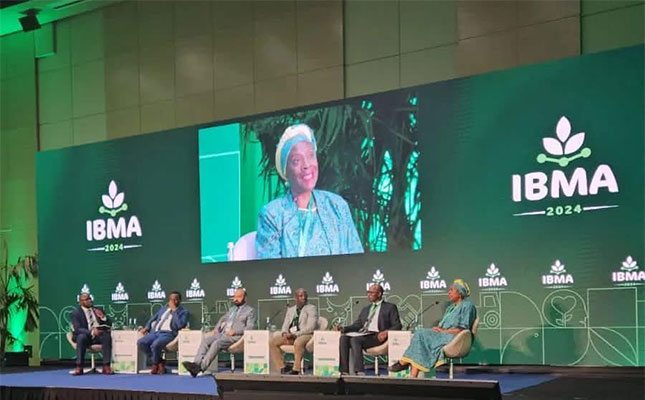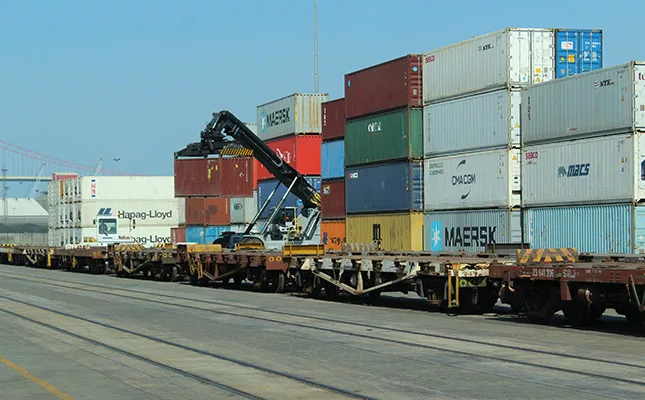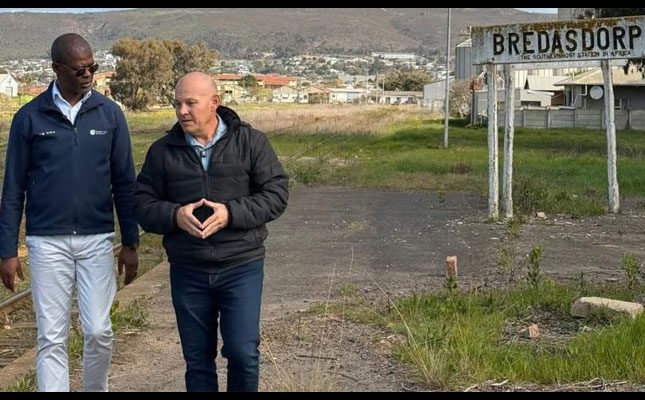
The Overberg Freight Rail Business Case and Implementation Plan pilot project is aimed at reconnecting the agricultural hub of Caledon with the Belcon Inland Terminal (Bellville Container Terminal) and Port of Cape Town.
With only 0,2% of the 8,9 million tons of freight moved annually along the corridor transported by rail, the Western Cape government is targeting a major shift in the transport mix.
The initiative was co-designed by agricultural producers, freight owners, logistics operators, investors, and government. The Business Case phase will run until mid-2026. If viable, phased construction and operations are expected to begin in late 2026, with full rail services potentially launched by 2028.
Insights from the pilot will inform similar logistics initiatives across the province.
Francois Joubert, managing director of Overberg Agri, told Farmer’s Weekly the Western Cape government’s move to reconnect the region with the Belcon terminal was a progressive step towards revitalising agricultural trade infrastructure and addressing the current inefficiencies.
“It could significantly strengthen competitiveness and efficiency. It would have a significant positive impact on the region’s road network, which could save millions [of rands] in road repairs over time.
“Reconnecting to the inland terminal would contribute to a more sustainable transport mix of road and rail, and we are looking forward to seeing the progress in the coming months and can only hope that this action will be successful,” he explained.
The plan is focused on shifting 10% of freight, or 900 000t, a year from road to rail, removing an estimated 40 000 truck trips from the N2 annually. The other goals are:
- Reducing exporters’ logistics costs for long-haul shipments by up to 30%, thereby boosting competitiveness for Overberg crops and other agricultural goods;
- Cutting freight-related carbon emissions by as much as 70% per ton; and
- Attracting public-private partnerships to fund and operate services, with reliable two-way cargo flows (export goods outbound, and inputs like packaging and fertiliser inbound).
Overberg District Executive Mayor Sakkie Franken said the project represented a turning point for the district.
“By unlocking rail, we are not just moving freight, we are attracting investment, creating jobs, and strengthening our region’s economy for the long term. The Overberg can once again be a thriving hub for trade, benefitting our farmers and our communities,” he said.
According to Western Cape Minister of Mobility Isaac Sileku, the project was about bringing freight rail back on track and creating a commercially viable, data-driven freight system that cut logistics costs, reduced congestion on the N2, and positioned the Western Cape to triple its export value by 2035.
“Freight and logistics are the lifeblood for the seamless movement of goods from point of origin to final destination. With this Business Case, we aim to achieve our bold goal of moving freight from road to rail, one corridor at a time,” Sileku said.

